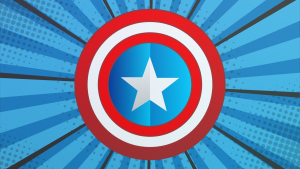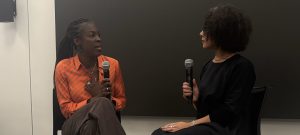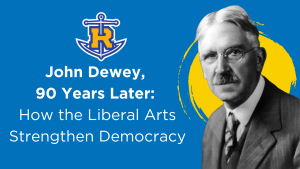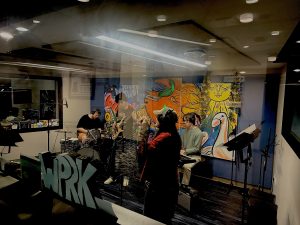On March 30 and 31, Voices For Women (V4W) will be putting on the third annual production of Eve Ensler’s The Vagina Monologues. The play is controversial for a number of reasons, but as we were compiling the cast for this year’s production we discovered a less talked-about issue that apparently some find problematic, or at least worth mocking: the show’s requirement that only women may perform.
During one of the first auditions, a man came to perform for the assembled co-leaders of V4W, myself included. He was wearing gray business slacks, a blue button-up collared shirt and a gaudy auburn theater wig. We informed him that only women could audition, but he insisted on reading some lines. “I am worried… about… vaginas!” he shouted, his entourage giggling in the hallway. When he sensed he had milked his act as much as he could, he extravagantly apologized for any “unintentional” offense he might have caused and fled the room.
Now, it is highly unlikely that he was making a statement with his “audition.” But bold acts of stupidity make great teachable moments, so if nothing else our redheaded friend provided a perfect opportunity to examine the women-only provision and highlight the role men can play in the show.
The reason men cannot perform in The Vagina Monologues is because the play’s goal is to shine a spotlight on the experience of being a woman. As the title suggests, the play mostly explores the bodily experience of being a woman. On that front, it is kind of hard to talk about what it is like to have a vagina unless you, you know, have one.
To clarify, I use “men” in this article to mean “cisgender men.” Transgender people can perform in The Vagina Monologues. In fact, Ensler helped arrange an all-transgender performance in 2004.
Of course, there’s more to The Vagina Monologues than that. It is both a celebration of women and a bid to illustrate the violence women experience worldwide simply for being women. When I say the show is about “experience,” I mean it literally: Ensler wrote the monologues as personal, intimate reflections on various subjects. The element of veracity would be lost if male actors were used: the experiences Ensler writes about are, for the most part, unique to women.
Denying men the chance to perform does not deny that men’s perspectives have value; it confirms that women’s do, and therefore should be heard. Women’s perspectives are so often written off or ignored in our culture that sometimes it is necessary to create spaces where they can be heard. After all, how much of the media you consume is female-driven? Or female created? How often do you come across positive depictions of female sexuality or frank discussions of the trauma of sexual assault?
It takes no effort to find male-centered media created by men, but the inverse is not true. I encourage other men to treat women-centered works as chances for inclusion, not barriers of exclusion. They are an opportunity to see the world from a different point of view.
Men may not be able to act in The Vagina Monologues, but by attending and listening are invaluable contributions to this show and the issues it addresses, especially since all of the proceeds from the production are going to Harbor House, Central Florida’s largest domestic abuse shelter. For the price of a ticket, you can show your support, be entertained, and help make a difference. After the show, Voices will be conducting a Take Back the Night March championing streets safe from sexual violence, an event we deeply hope more men will attend. Trust me, fellow men: your support and your voices are more than welcome.




















Be First to Comment